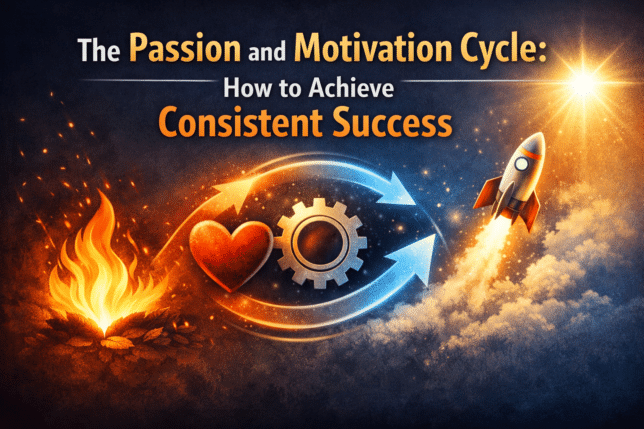Have you ever thought about how gratitude can improve your positive mindset? In today’s world, it’s easy to feel less than others, especially with social media. But, focusing on what you’re thankful for can be a game-changer.
Gratitude is key to feeling better overall. It’s about noticing and valuing the good things in life, big or small. This means saying thanks and showing gratitude in many ways.
Being thankful helps you feel happier and healthier. It makes you more present and less stressed. This helps you feel better emotionally.
Gratitude has three main parts: noticing good things, feeling thankful, and saying thanks. Doing things like writing in a gratitude journal helps a lot. It makes you feel more stable and happy.
Gratitude has many benefits beyond just feeling good. Thankful people often have better relationships and feel more confident. Saying thanks strengthens your bonds with others.
It also helps reduce stress and improve sleep. Regular gratitude practice makes you more resilient and hopeful. It’s a powerful way to see life in a better light.
Gratitude is key to a healthy mindset, affecting both emotions and thoughts. It shows how gratitude boosts brain function and resilience. Adding gratitude to your life brings many benefits.
Studies show gratitude changes brain areas linked to emotions. Neuroimaging shows it grows brain areas for decision-making and memory. Gratitude boosts dopamine and strengthens the brain, improving emotions and thinking.
By focusing on the good, your brain becomes more resilient.
Gratitude changes your mindset in tough times. It helps you see the positive, building resilience. A daily gratitude routine lowers stress and promotes calm.
This emotional balance helps you handle life’s ups and downs better. Gratitude lets you face challenges with hope, strengthening your emotional strength.
Adding gratitude to your day is simple and rewarding. During pregnancy, gratitude can create a sense of calm and connection. For example, start each day by writing three things you’re grateful for—like feeling your baby move, a kind gesture from a partner, or even a peaceful moment with a cup of tea.
Create a gratitude board with ultrasound pictures, affirmations, and notes about what excites you about motherhood. If you’re feeling overwhelmed, take a moment to breathe deeply and silently thank your body for nurturing your baby. These practices can help shift your focus from challenges to the beautiful aspects of this unique journey.
Gratitude is a powerful tool that shapes a healthy mindset. It brings many benefits to your mental and physical health. By practicing gratitude regularly, you can boost your happiness and life satisfaction.
Gratitude also improves your relationships. Studies show that grateful people have stronger immune systems. They also experience less stress, helping them overcome negativity.
Gratitude helps you see the good in life and feel more connected to others. It makes you more empathetic and builds a stronger community.
Chantelle Torres works at PK Women’s Clinic, where she works to engage and connect with communities in support of women’s health and wellness. With a strong focus on communication and outreach, Chantelle is dedicated to raising awareness and fostering partnerships to improve access to essential healthcare services. When not working, she enjoys exploring new trends in health and wellness and is passionate about supporting initiatives that empower women in their personal and professional lives.


















